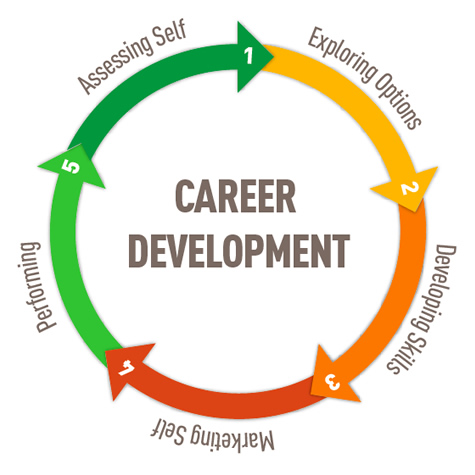The Role Of Psychological Tests
Using psychological tests to identify an individual’s career interests and aptitudes has been and continues to be a topic of intense controversy. One of the sources of this controversy is the relevance of a test to the group on which it is used. For example, if an interest inventory developed in the United States is used in India without being scientifically adapted for use with Indians, the test taker’s performance on that test is not likely to be an accurate reflection of his
An aptitude test may be focused on specific areas (e.g. manual dexterity, clerical skill). Aptitude tests could also be more
Similarly interest inventories could be used to discover a person’s career preferences
When Test’s Are Useful
Interest inventories, aptitude tests and tests of career beliefs and self-efficacy are useful when they are:
standardised and statistically validated for the group for which they are intended
age appropriate
administered by a qualified psychologist / counsellor
scored accurately
interpreted on the basis of accurately developed norms
It is vital that the test taker is able to give the test his/her best shot. Anxiety, fatigue, scepticism, can all affect test performance. Similarly it is important that the test taker is honest about his/her answers.
Tests provide cross-sectional information.This information provides a useful window into the career chooser’s personality.
Assuming that the various criteria described above have been met, there is one further point to be noted about testing. Tests are sometimes accorded (both by the counsellor and the client) a status of infallibility. This is a danger that must be guarded against. A psychological test is merely a tool that could yield information. It is vital that career counselling is not reduced to a variety of

A test by itself is a one-way communication. Test results need to be interpreted and explained to the client. According to the Career Preparation Process Model understanding oneself and understanding the world of work are important career developmental tasks. A vital task before the career counsellor is to help the career aspirant make the links between test and career information. Merely giving the client information about interests and aptitudes does very little to help resolve career development tasks. At the end of the career guidance interaction the young person is more keen to know what careers she is suited for, rather than merely being told what her interests and aptitudes are.
It is essential therefore that test information is blended with careers information to help the young person make effective choices.
Career assessment tools: The Hong Kong experience
Adapted from Leung, 2002
Counsellors in Hong Kong have relied heavily on American career assessment instruments. However, the use of these devices has not been very effective for the following reasons:
Chinese translations of the most popular tests are not available.
These tests are too expensive to be used widely.
The reliability and validity of these techniques have not been established for the Hong Kong environment.
Methods of occupational categorisation are usually based on the American classification system. The occupational structure in Hong Kong is quite different.
It is essential that a psychological device is appropriate to the culture in which it is being used.



Recent Comments